Aligning Industry and Higher Ed to Create a Thriving Workforce
MDC’s talent engine is fueled by essential industry partnerships which prepares our students for pathways into jobs.
A perspective from Madeline Pumariega, president of Miami Dade College and BHEF member
July 10, 2022
Last month leaders in higher education and executives representing a variety of business industries convened in New Jersey for the Summer 2022 Member Meeting of the Business-Higher Education Forum. This meeting, which I had the opportunity to attend, was particularly significant for BHEF, because its members came together to celebrate the 10th anniversary of the National Higher Education and Workforce Initiative (HEWI) — a set of long-term regional projects in selected states focused on university-business partnerships.
At MDC, one of our main priorities is to fuel the talent needs of a global economy by preparing students for the future of work – and to that end, our talented leaders have leveraged insights throughout the years from BHEF to forge stellar industry partnerships that cover the gamut from aviation and nursing, to data analytics and cybersecurity. Like BHEF, MDC is committed to continue building innovative and strategic partnerships with global thought leaders to be the source for talent that businesses and industries are looking for.
In an age of constant disruption, it is imperative for higher education institutions to partner with public and private sectors to spur an ecosystem of innovation for our future. As places of higher learning, it is our job to be the source where people come to upskill or level up so they can be prepared for the evolving workforce.
MDC is the engine that drives our region’s workforce and economy, and at our core, embedded in our DNA, it’s been the College’s priority to make meaningful partnerships with businesses to accelerate this momentum. Through industry collaborations, we provide our students with opportunities for rapid credentials and in-demand degrees, giving them the necessary and relevant tools to contribute to a sustainable economic future for themselves and our community.
Recently, for example, MDC joined forces with Amazon Web Services (AWS) to develop an innovative cloud curriculum to train faculty, educate and certify students, and secure student employment. MDC cloud programs now serve as a primary pipeline for AWS recruitment. MDC student Elias Marcel, for example, received a variety of certificates including the AWS Certified Cloud Practitioner, AWS Certified Solutions Architect, and CompTIA Cloud Essentials certificate. This directly helped him land a career opportunity working in IT Support at Amazon. Marcel is one of the many success stories we have at MDC.
AWS recruiters also host workshops on improving student resumes and applying for AWS positions. Additionally, AWS works with its customer base across South Florida to guide them in creating entry-level cloud positions aligned to MDC’s programs of study. The MDC-AWS collaboration is currently the national benchmark for higher education institutions interested in developing cloud computing degrees. This successful collaboration was recognized by the American Association of Community Colleges (AACC) with the Outstanding College/Corporate Partnership Award in 2022.
In addition, to ensure our faculty and students understand and embrace the power of Artificial Intelligence in their lives, MDC also teamed up with Intel to offer AI education to over 300 faculty and staff. One of the focuses of this joint vision is to secure job placement opportunities for our students. In this partnership, both IBM and MDC work together to explore openings for MDC students at IBM, especially those students completing IBM Skills Academy courses.
I encourage other institutions of education to follow this evolution of learning and embrace this unique period in time. By being proactive and working with businesses to position your course offerings to meet industry standards, we together can fuel our future workforce. Colleges that create and innovate with stackable credentials where students can begin with an industry certification, then seamlessly transition into an associate degree, and then into a bachelor’s program will be better positioned to succeed in our community.
In order for higher education to accomplish this synergy with businesses, industry partners must also be open to building these bridges. As higher education leaders we should collectively strive for students to have access to work-based learning and internships while in college. By creating these strong collaborations for opportunities of continuous learning and refinement of skills required to meet workforce needs, I’m confident both education and industry can jointly create that talent prepared with the technical skills and soft skills necessary to thrive for the future of work.
